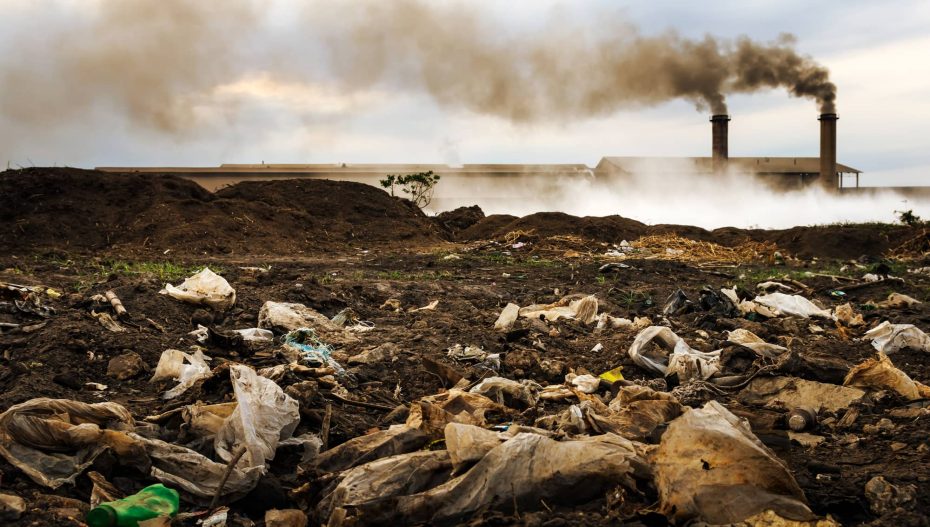The Gujarat Pollution Control Board here on Friday admitted that “major cities in the State” have severe air pollution. The GPCB stated this in an affidavit filed in the Gujarat High Court in response to a petition that Vadodara, Ankleshwar, Vapi, Surat, Naroda-Odhav area of Bhavnagar, Morbi, Junagadh, Rajkot and Ahmedabad are highly polluted.
The air quality in Ahmedabad and Surat is worse than the specified standards, stated the Pollution Control Board. The decision to ban vehicles older than 15 years and the action plan to improve the air quality in cities were also the touchpoints of the affidavit. The government claims to be all set to lash out the use of furnace oil and coal for industrial energy usages on the lines of controlling pollution.
We are determined to improve the air quality index by 35 to 50 per cent by 2025-26, the government said. The GPCB has stated in a petition filed in the High Court seeking to switch to natural gas or other alternative energy sources from the conventional use of coal to improve the air quality index.
The petitioner had earlier told the court that the cities had 3 to 4 times more air pollution than the prescribed standards.
Air Quality Index
An air quality index is a scale used to show how polluted the air is, along with the risks associated. An AQI is calculated using established standards based on medical research for the acceptable levels of major air pollutants.
How does AQI work?
AQI is a measuring tape that scales from 0 to 500. The higher the AQI value, the greater the level of air pollution and the greater the health concern. For example, an AQI value of 50 or below represents good air quality, while an AQI value over 300 represents hazardous air quality.













